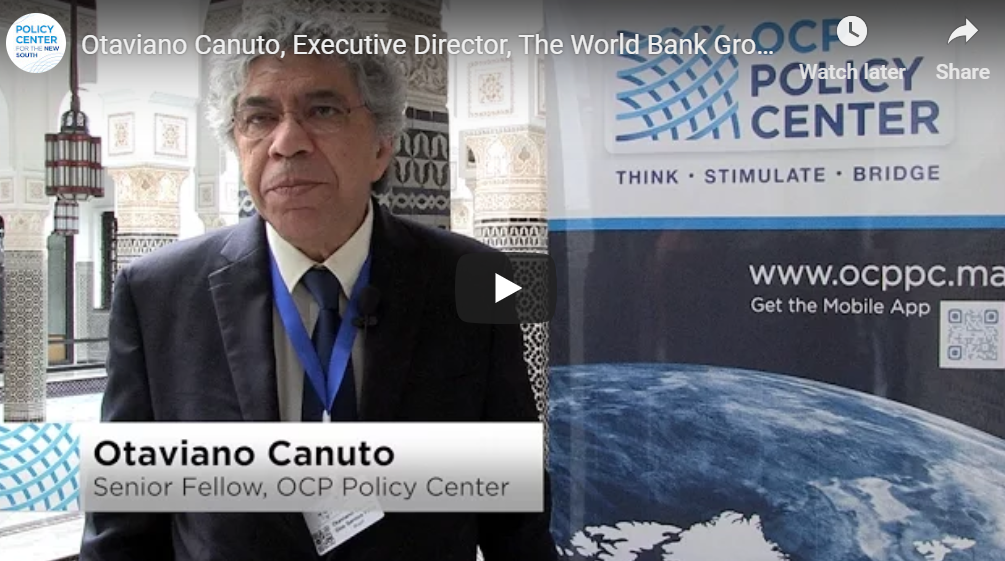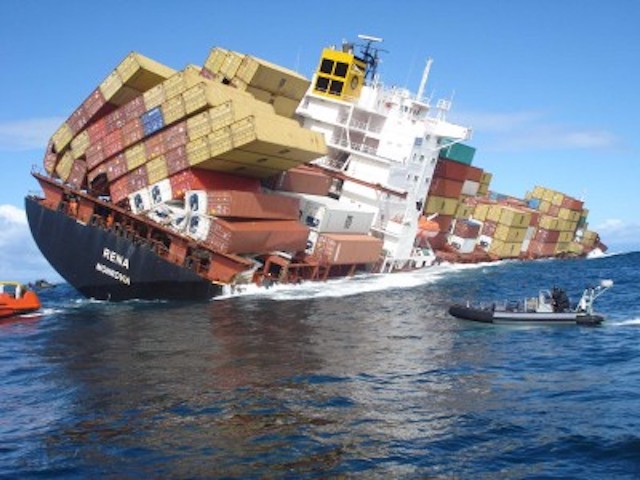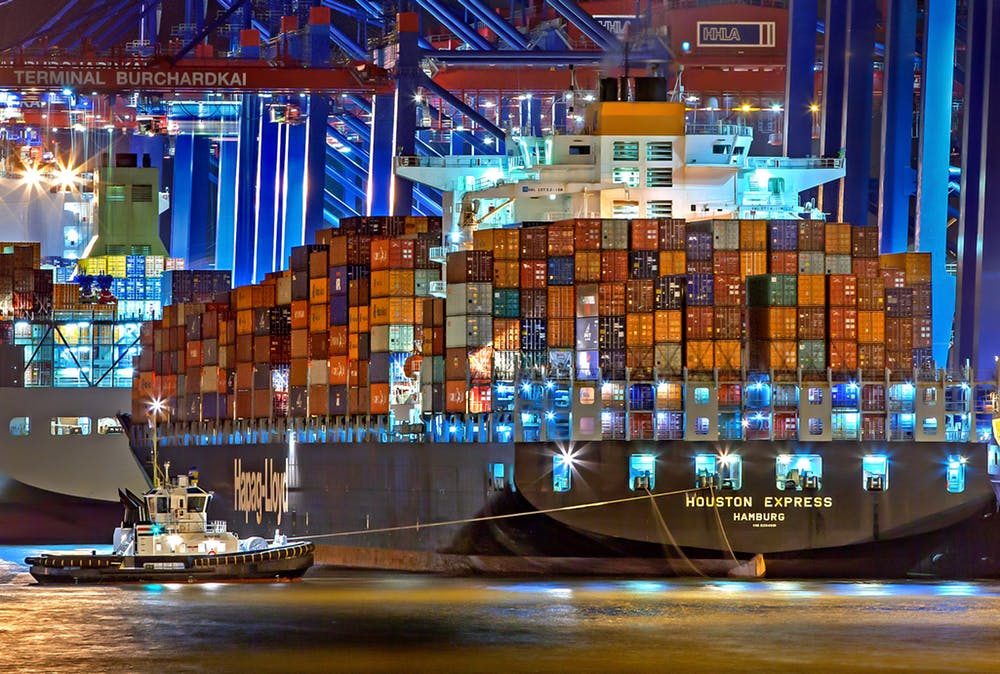In the aftermath of the recent global financial crisis, advanced economies have continued to experience sluggish growth. Is this slow postcrisis growth the result of a policy response that was overly reliant on monetary policy, which ran into the zero interest rate lower bound before growth was restored? Looking deeper, is secular stagnation, which is related to the zero lower bound and was recently brought to the fore by Larry Summers, another potential cause for advanced economies’ failure to return to precrisis growth levels? This note seeks to answer these questions as well as identify what alternative policies might be pursued by advanced economies to escape secular stagnation, should stagnation proponents be proven correct. After a brief review of secular stagnation, Summers’ hypothesis is tested through a review of academic literature and opinion pieces. However, the secular stagnation theory is not without its critics; moreover, there is a debate between “Keynesian versus Schumpeterian” economists, which could help to shed light on the medium-term
postcrisis outlook.














